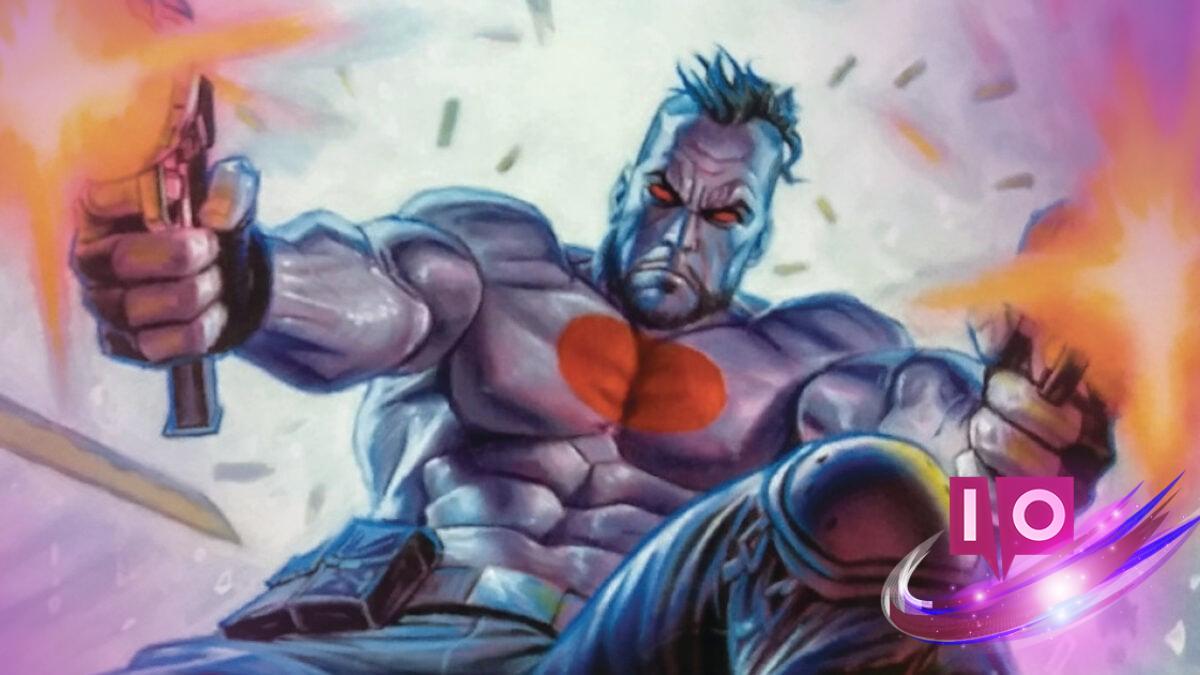Update, 8/17/2025 @ 10:57 AM: Following the discovery of past posts on Twitter, Bloodshot writer Mauro Mantella has deleted his account and issued an apology on Instagram.
In his heartfelt apology, Mantella expressed, “I want to offer my most sincere apologies. I know I made a mistake, but at no point did I intend to spread a message of hate.” He shared insights into his creative process, explaining that he initially wrote the script in Spanish before adapting it to English. Unfortunately, this transition caused him to unintentionally use a phrase that resonated negatively in a broader context. He went on to say, “I see now that it was understood in a completely different way.”
Mantella emphasized that his original intent was to craft a sharp commentary within a fictional universe of vampires. He stated that the upcoming second issue will reflect the “consequences” of his narrative choices, remaining grounded in the fictional context he aimed to portray.
Regarding his past social media activity, Mantella has labeled himself a fan of conspiracy theories, using them as inspiration for his stories. He has committed to approaching his content with increased caution and seriousness, affirming his focus on a “humanist, conciliatory approach” in storytelling.
He further described his political stance as “center/left-thinking,” identifying as a “peronista” from Argentina. Mantella expressed deep regret at being perceived as alt-right, declaring, “I have no right-wing inclinations or support for fascism.” He referred to this situation as a painful lesson, proclaiming he would strive to correct his missteps.
Original story: Recently, comic book publisher Valiant unveiled its “Beyond” reboot featuring Bloodshot #1. Shortly after its launch, readers noted that the comic, written by Mantella and illustrated by Fernando Heinz Furukawa, contained lines that many interpreted as derogatory towards transgender individuals.
In the comic, Bloodshot reflects on his battles against vampires and remarks about the Yakuza’s collaboration with the government to “normalize blood consumption.” He continues, illustrating a troubling scenario where youth desire to become vampires, influenced by their favorite online personalities. He critiques parents who force such irreversible changes on their children, all under the guise of modernization.

The character’s introspection mirrors the misconceptions some have surrounding transgender identity—suggesting that individuals make these decisions impulsively or due to external influence. This line of thinking contributes to the enactment of numerous anti-trans laws across the United States, restricting access to gender-affirming care and attempting to erase transgender narratives from cultural discourse.
In immediate response, comic industry professionals condemned Bloodshot’s content. Alien Books, the publisher, apologized for any distress caused by the phrasing in their comic, acknowledging that while set in a fictional realm, certain dialogue was misinterpreted as a reference to real-life issues regarding discrimination against transgender individuals. “That was never the intention,” they explained, highlighting that Mantella’s original script was rooted in an Argentine perspective and that the nuances may have been miscommunicated.
An Update from Alien Books.
— Alien Books (@alienbooks.bsky.social) August 15, 2025 at 4:52 PM
Alien Books has committed to revising the dialogue in digital and collected editions of the comic, pledging to enhance the review process to prevent similar incidents. Yet, criticism remains regarding the responsibility they placed on translation issues, as many noted Mantella is an experienced translator familiar with U.S. comic publishers like DC Comics.
Mantella’s history of sharing anti-LGBTQ sentiments online further complicates the matter. Posts highlighting retweets from anti-trans accounts and other controversial views have come to light, sparking outrage and debate within the community.
As this unfolding story illustrates the complexities of representation and narrative responsibility, it raises vital questions about how we create and consume media. Are creators aware of how their words can impact marginalized communities? What responsibilities do publishers have in ensuring sensitivity in dialogue?
In closing, it’s crucial to reflect on the implications of storytelling in our culture. Moving forward, let’s commit to engaging with narratives that uplift rather than harm. For deeper dives into related content, explore more at Moyens I/O.
